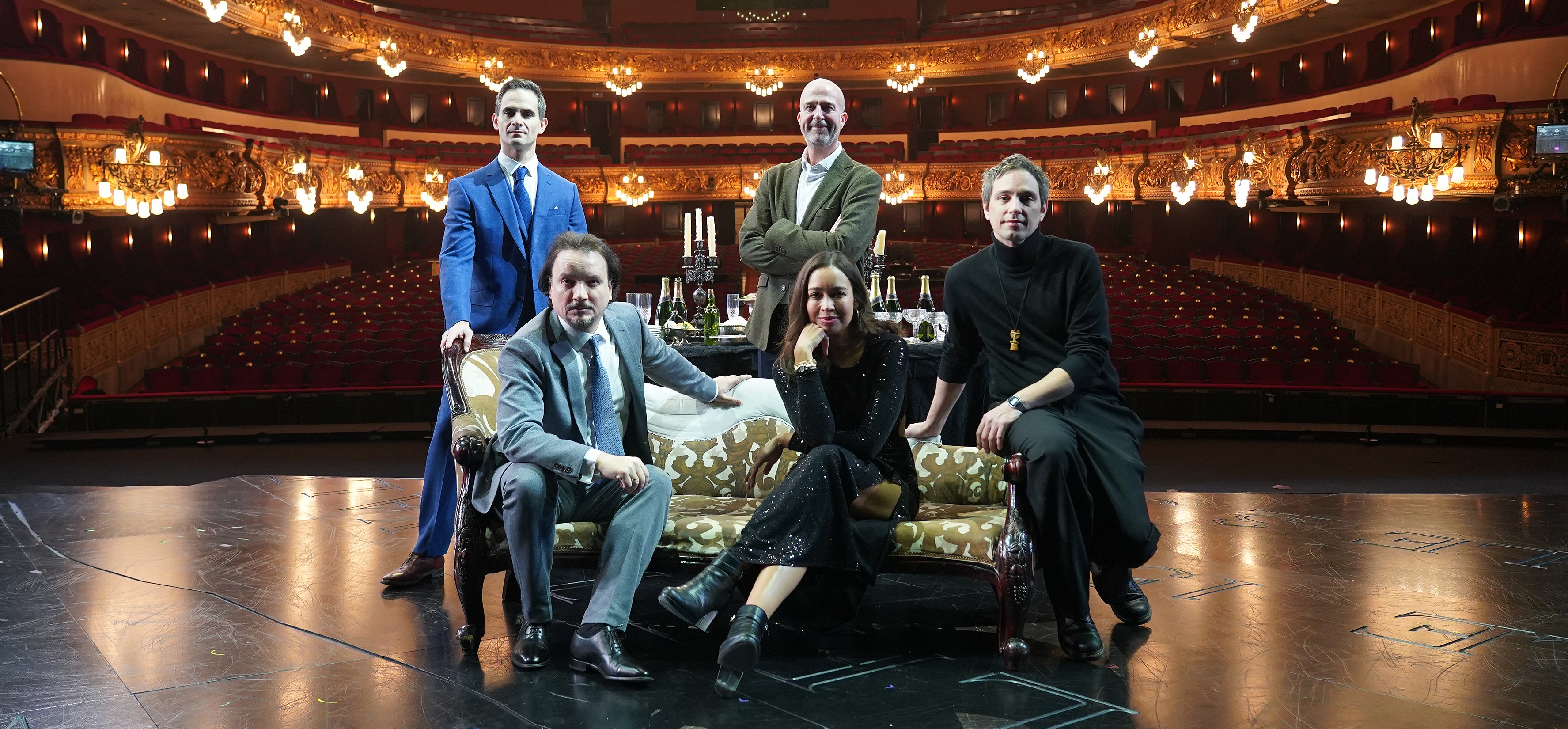
David McVicar, under the direction of Giacomo Sagripanti and with set design by Tanya McCallin, presents a realistic version of La traviata set in the underworld of Paris, far from traditional glamour. This production highlights the presence of death and illness, emphasizing the struggle of a woman trapped by the hypocrisy of bourgeois society.
Giuseppe Verdi's La traviata returns to the Gran Teatre del Liceu with a stellar cast led by Nadine Sierra, Javier Camarena, and Artur Ruciński, under the direction of Giacomo Sagripanti. The opera, to be performed in a total of 12 shows, is set in Paris at the end of the 19th century and delves into the tragic fate of Violetta Valéry, a young courtesan who, after a life of superficial pleasures, discovers love with Alfredo Germont.
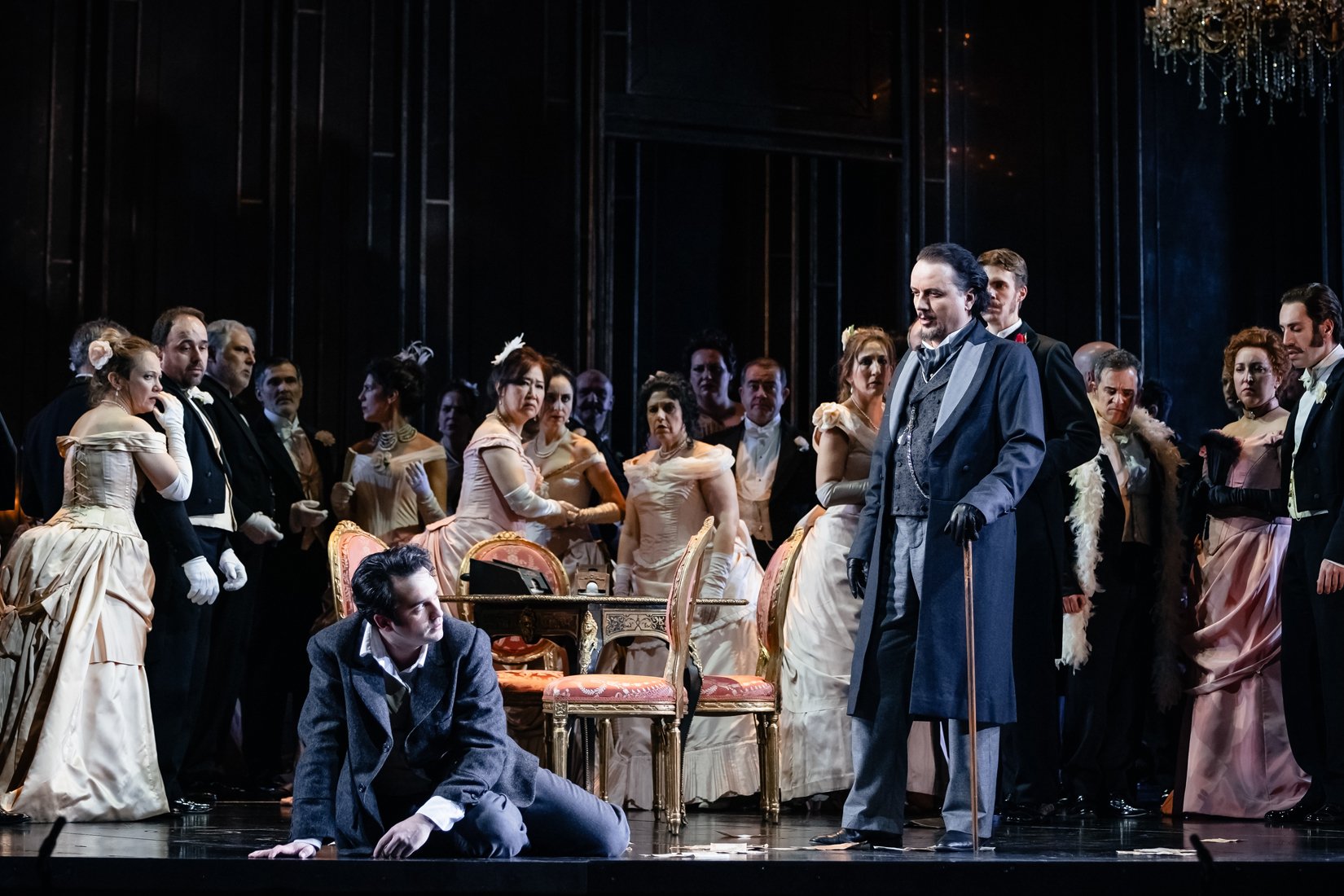
Giuseppe Verdi's La traviata tells the story of Violetta Valéry, a young courtesan who, despite her life of luxury and superficial pleasures, experiences true love for the first time when she meets Alfredo Germont. The opera is set in late 19th-century Paris and reflects the moral conflicts of the upper bourgeoisie. Social and family pressures, represented by Alfredo's father, Giorgio Germont, force her to sacrifice her happiness to preserve the family's honor. Violetta's illness, a broken love, and the despair of loss lead her to a tragic end, offering a moving portrayal of the impossibility of finding and maintaining true love in a world marked by prejudice and hypocrisy.
When it premiered in 1853, La traviata was groundbreaking: for the first time, a story about death, social rejection, and impossible love was set in the present rather than in antiquity. Verdi discovered the play La Dame aux Camélias —inspired by Alexandre Dumas (fils)' novel of the same title— in Paris a year earlier and immediately decided to compose music for a story undermined by a hypocritical society. Inspired by Dumas' real-life relationship with the courtesan Marie Duplessis, La traviata has, over the decades, become the most popular and frequently performed opera in history.
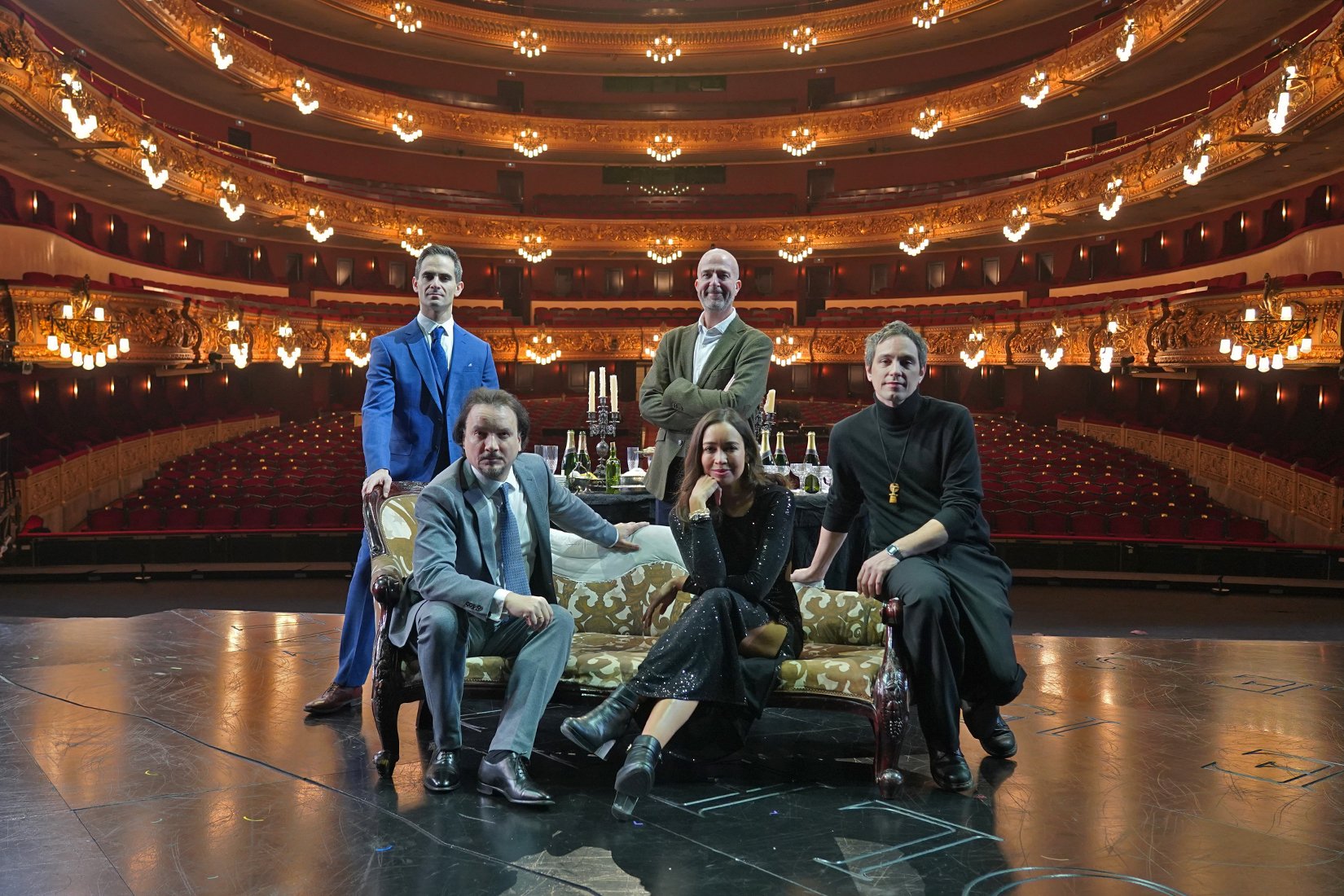
Production
David McVicar's acclaimed production conveys the vulnerability of the "camellia" as a foreshadowing of this broken yearning. McVicar moves away from conventional melodrama, focusing on the pain and loneliness of the protagonist and criticizing the hypocrisy of the dominant social class, both of the opera's time and contemporary society. The Scottish stage director takes a realistic approach, setting the opera in the underworld of Paris and portraying a darker, more ruthless environment. Violetta's tombstone occupies the center of the stage, a powerful reminder of the impending death that defines the protagonist's path.
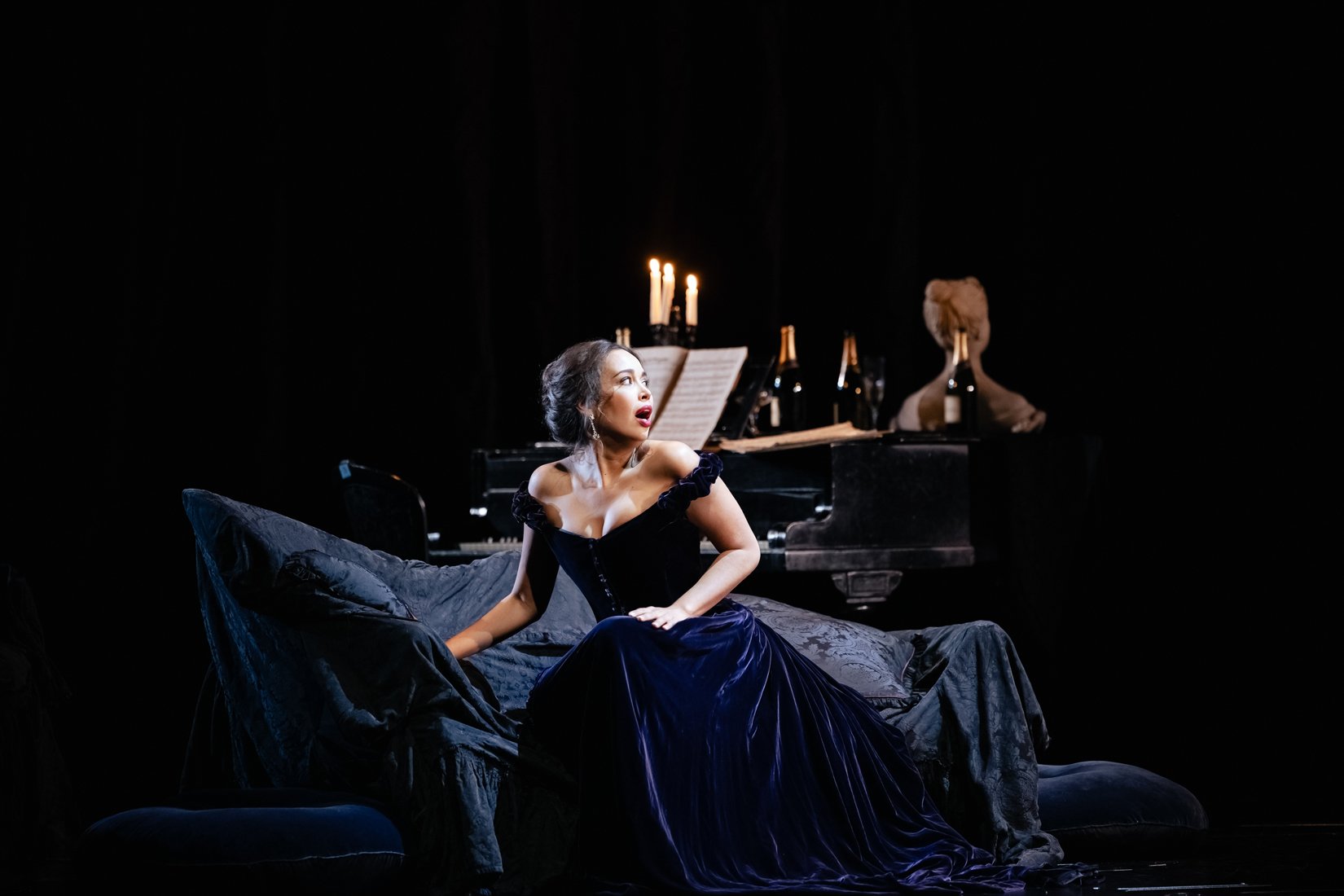
The music
The role of Violetta demands an exceptionally versatile singer and actress. Soprano Nadine Sierra will portray the tragic heroine alongside Mexican tenor Javier Camarena, who will play her “caro Alfredo.” The principal trio is completed by Verdi baritone Artur Ruciński.
For the 12 performances scheduled between January 17 and February 2, sopranos Nadine Sierra and Ruth Iniesta, both at a high point in their careers, will take on the challenging lead role in all its lyrical nuances. The musical direction will be led by maestro Giacomo Sagripanti.

The cast is rounded out with notable singers in other key roles: the role of Alfredo Germont, written for tenor, will be performed by Javier Camarena and Xabier Anduaga; Giorgio Germont, by baritones Artur Ruciński, Mattia Olivieri, and Lucas Meachem; Flora Bervoix, by mezzo-soprano Gemma Coma-Alabert; and Annina, by soprano Patricia Calvache. Gastone will be portrayed by Albert Casals, Baron Douphol by Josep-Ramon Olivé, Marquis d’Obigny by Pau Armengol, and Doctor Grenvil by Gerard Farreras. The roles of Giuseppe (Violetta’s servant) and Flora’s servant will be performed by Carlos Cremades, Jose Luis Casanova, and Pau Bordas.
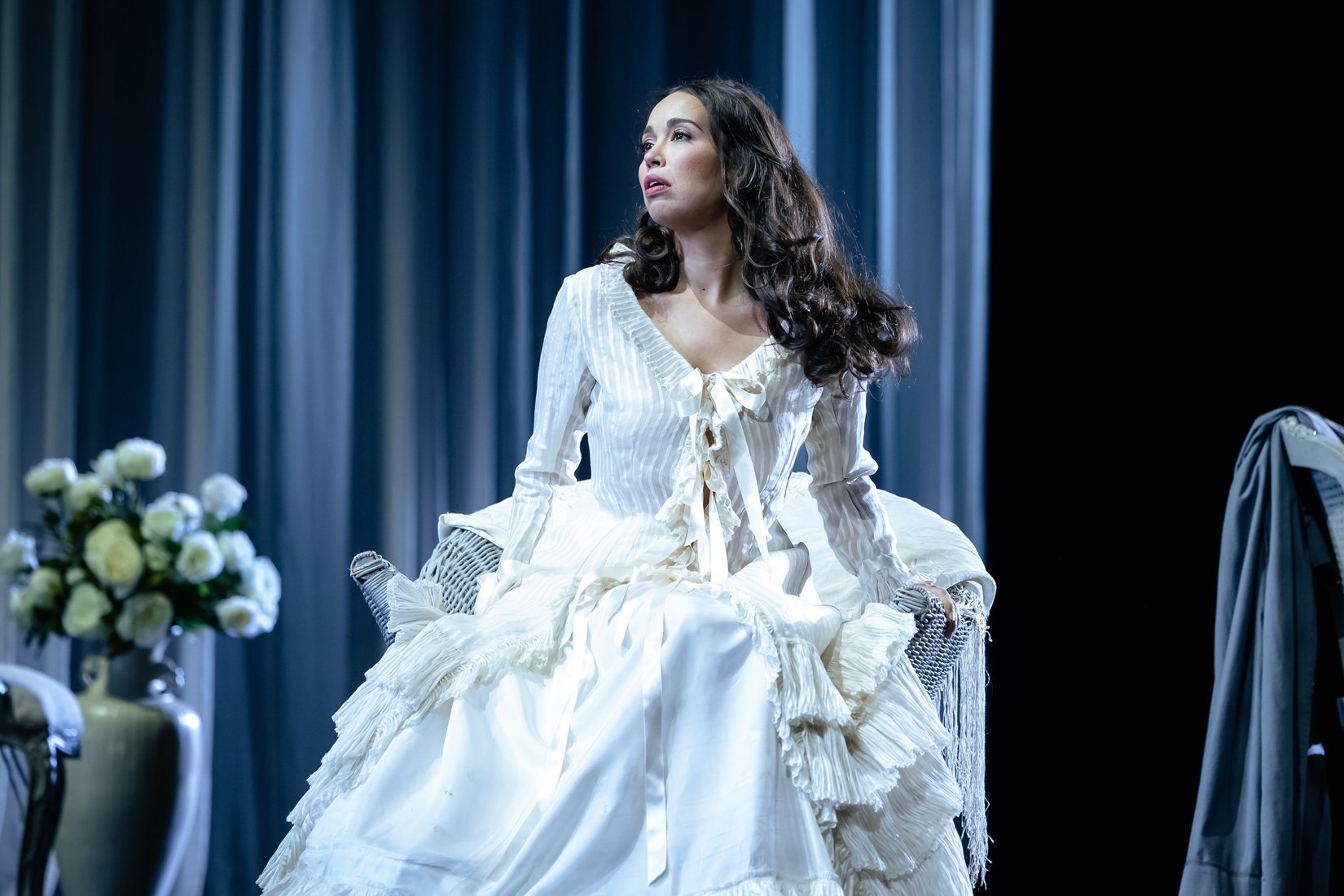
With brilliant and virtuosic music, it brutally criticizes the society of appearances, a machine that crushes individuality, particularly when it comes to women aspiring to be free. Thus, Sempre libera, Violetta’s most famous aria, becomes an anthem, a desperate cry to claim a space she does not yet realize she is about to lose.

